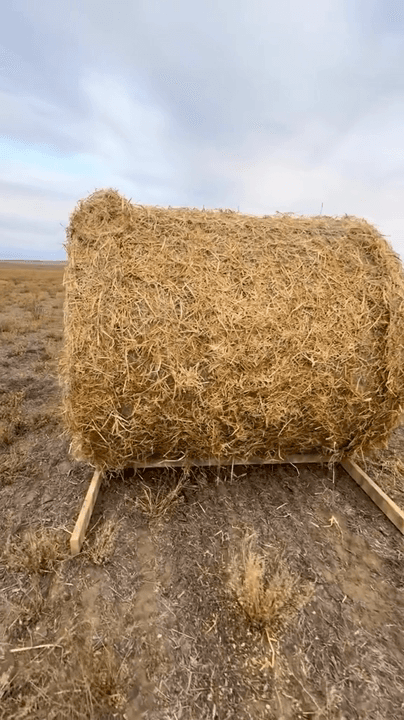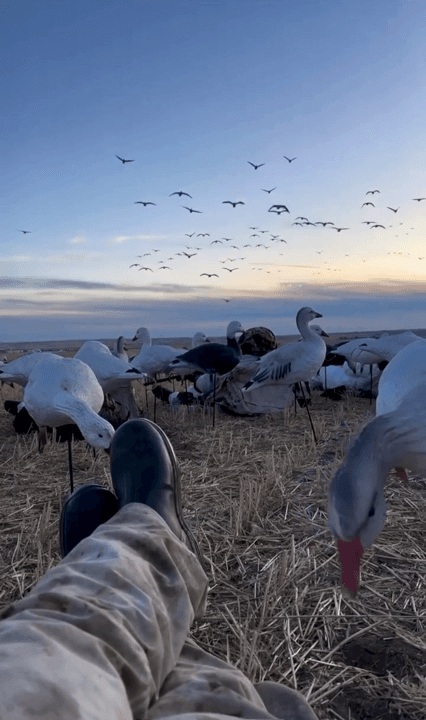
Essential Hunting Gear for Beginners: What You Need for Your First Hunt Embarking on your first hunting trip is an exciting milestone—but without the right gear, it can quickly turn into a frustrating experience. Whether you’re heading into the woods for deer, elk, or turkey, having the proper equipment is crucial for safety, success, and comfort. This guide breaks down the essential hunting gear for beginners, helping you pack smart and hunt confidently. --- Why Gear Matters for First-Time Hunters Hunting isn’t just about the weapon—it’s about preparation, endurance, and adaptability. The right gear: • Keeps you safe in unpredictable environments • Helps you stay comfortable during long hours outdoors • Increases your chances of spotting and harvesting game • Ensures compliance with local hunting laws --- Clothing & Footwear: Dress for Success Layering System • Base Layer: Moisture-wicking (e.g., merino wool or synthetic) • Mid Layer: Insulating fleece or wool • Outer Layer: Waterproof and windproof jacket and pants Boots • Waterproof and insulated • Good ankle support and traction • Break them in before your hunt to avoid blisters Blaze Orange Required in many states for visibility. A vest and hat are often mandatory during firearm seasons. --- Weapon & Ammunition Rifle or Bow Choose based on: • Game species (e.g., .243 Win for deer, .270 or .30-06 for elk) • Local regulations • Your comfort and experience level Ammo or Arrows • Match to your weapon and target species • Soft-point bullets or broadhead arrows for ethical kills --- Optics & Scouting Tools • Binoculars: Spot game from a distance • Rangefinder: Estimate shooting distance accurately • Rifle Scope: Improves precision, especially in low light • Trail Cameras: Monitor game movement before your hunt --- Navigation & Safety Navigation Tools • GPS device or hunting app (e.g., onX Hunt) • Compass and physical map as backup • Trail markers or flagging tape First Aid Kit Include: • Bandages, antiseptic, gauze • Pain relievers, antihistamines • Blister treatment and tweezers Emergency Gear • Headlamp with extra batteries • Firestarter (matches, lighter, or magnesium stick) • Space blanket or emergency bivvy --- Game Calls & Scent Control • Calls: Species-specific (e.g., grunt tubes for deer, box calls for turkey) • Scent Control: Sprays, soaps, and cover scents like pine or earth --- Field Dressing & Processing • Hunting Knife: Sharp and durable • Kill Kit: Game bags, gloves, zip ties • Multi-tool: Useful for gear fixes and camp tasks --- Backpack Essentials • Water bottle or hydration bladder • High-energy snacks (jerky, trail mix) • Tags and licenses • Extra socks and gloves • Toilet paper and hand sanitizer --- Budget-Friendly Tips You don’t need to spend thousands to get started: • Shop secondhand or borrow gear from friends H • Prioritize comfort and safety over brand names • Look for deals on last-season gear or outlet stores • Start with neutral-colored clothing if you don’t have camo --- Final Thoughts: Start Smart, Stay Safe Your first hunt should be memorable for the right reasons. By investing in essential gear and understanding your environment, you’ll set yourself up for a successful and enjoyable experience. Remember: practice with your gear before the hunt, know your local regulations, and always prioritize safety. 🧾 Beginner Hunting Gear FAQ ❓ What gear do I need for my first hunt? You’ll need: • A weapon (rifle or bow) and matching ammo • Proper clothing (layered, waterproof, blaze orange) • Boots, backpack, knife, binoculars, and a first-aid kit • Hunting license and tags --- ❓ Do I need camouflage? Not always. Camouflage helps with concealment, but blaze orange is legally required in many areas for safety during firearm seasons. --- ❓ What’s the best rifle for beginners? Popular beginner-friendly calibers include: • .243 Winchester – light recoil, great for deer • .270 Winchester or .30-06 Springfield – versatile for larger game like elk --- ❓ Can I hunt without a rangefinder? Yes, but a rangefinder improves accuracy—especially for bowhunters or long-range rifle shots. --- ❓ How do I carry everything? Use a durable hunting backpack with compartments for gear, snacks, water, and emergency supplies. --- ❓ What safety gear is essential? • First-aid kit • Headlamp • Firestarter • Navigation tools (GPS, map, compass) ❓ Do I need a hunting license for my first hunt? Yes. Every U.S. state and Canadian province requires a valid hunting license and often species-specific tags. You may also need to complete a hunter education course before applying. --- ❓ What kind of boots should I wear? Choose: • Waterproof, insulated boots for cold or wet conditions • Lightweight hiking boots for early-season or warm-weather hunts Break them in before your trip to avoid blisters. --- ❓ What should I pack for food and water? • High-protein snacks: jerky, trail mix, energy bars • Hydration: water bottle or hydration bladder • Consider a small water filter or purification tablets if you’re in remote areas. --- ❓ How do I stay scent-free? • Use scent-free soap and detergent before your hunt • Store clothes in a sealed container with pine or earth scent wafers • Apply scent-eliminating spray before heading out --- ❓ What’s a kill kit? A kill kit includes: • Game bags for clean meat transport • Gloves for field dressing • Zip ties for tagging • Wet wipes or sanitizer for cleanup --- ❓ Should I bring a GPS or use my phone? Both can work: • Smartphone apps like onX Hunt or HuntStand offer offline maps and GPS tracking • Always carry a compass and paper map as backup in case of battery failure --- ❓ How early should I scout before my hunt? Ideally: • Weeks in advance using trail cameras or glassing • Look for tracks, bedding areas, feeding zones, and travel corridors • Mark locations digitally or with flagging tape
Post: 14 August 05:37




